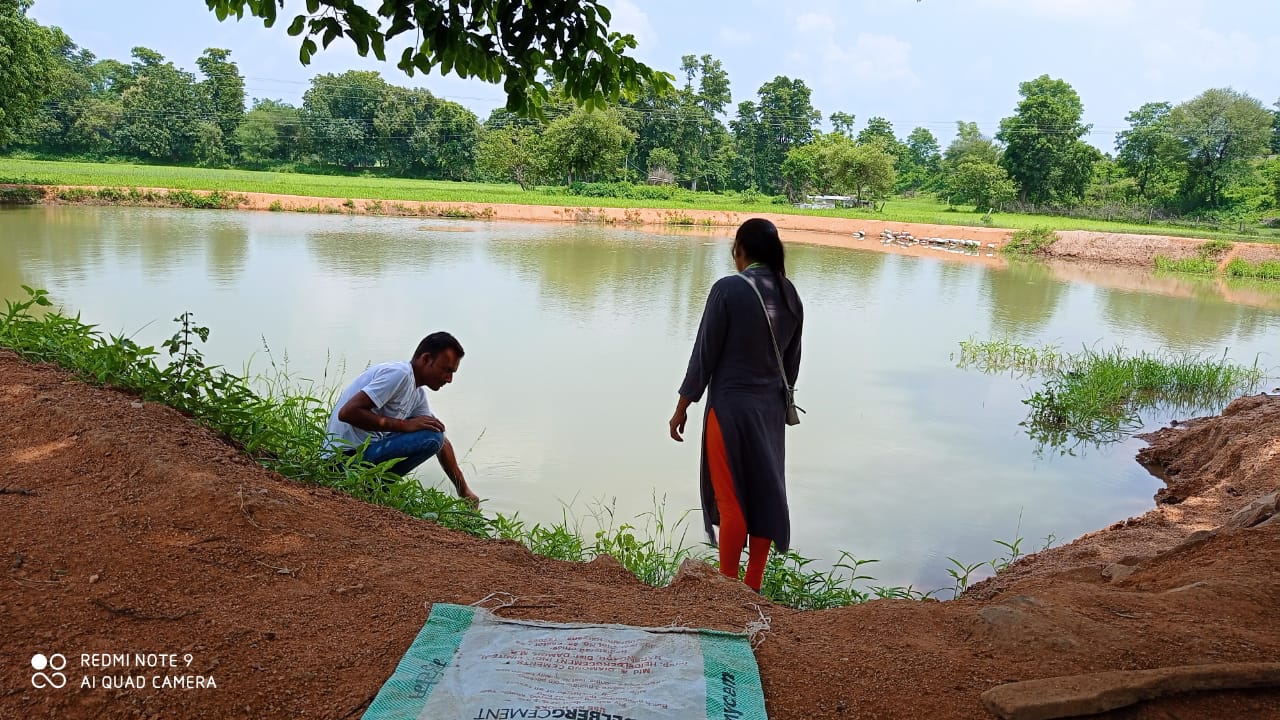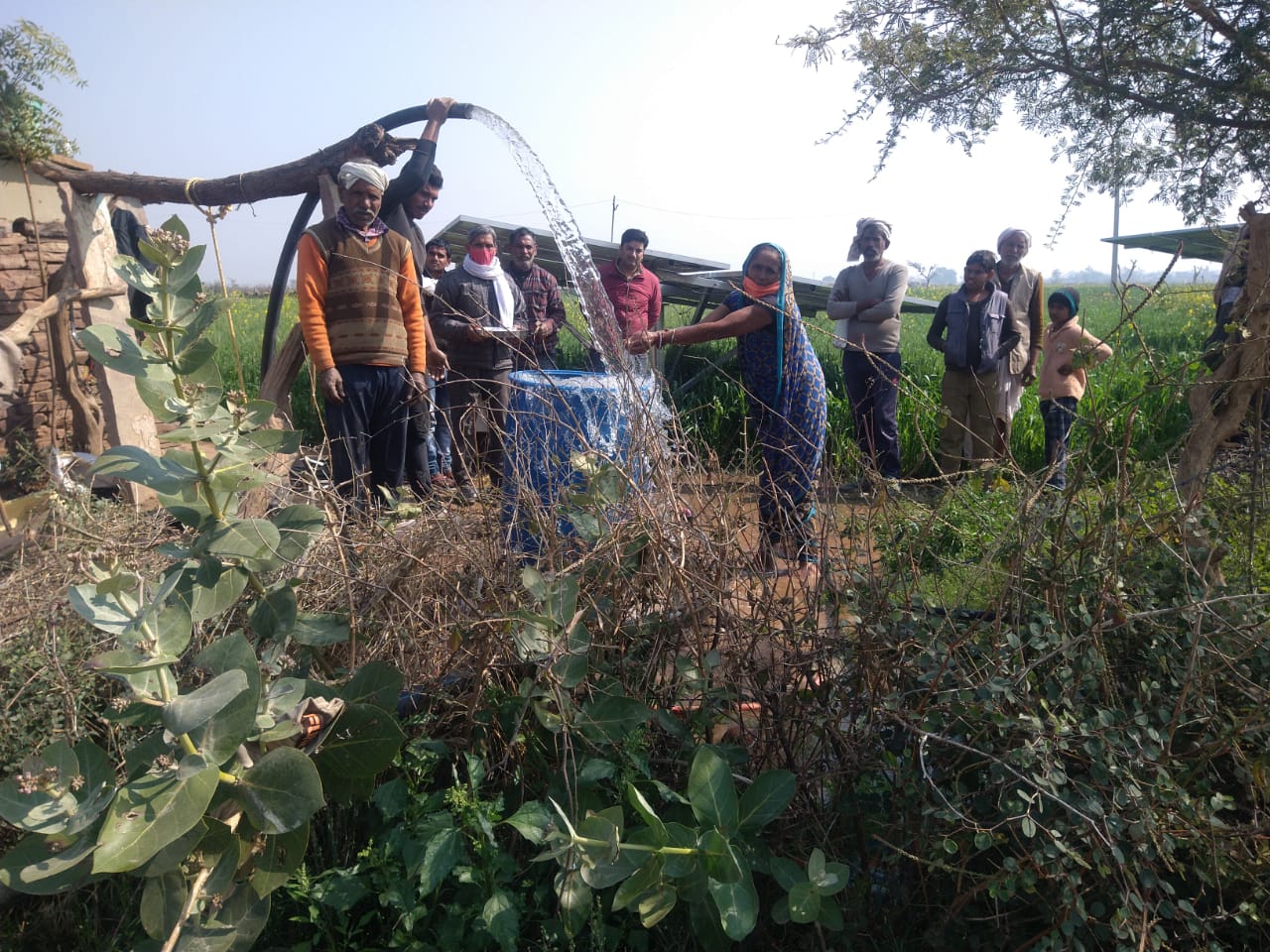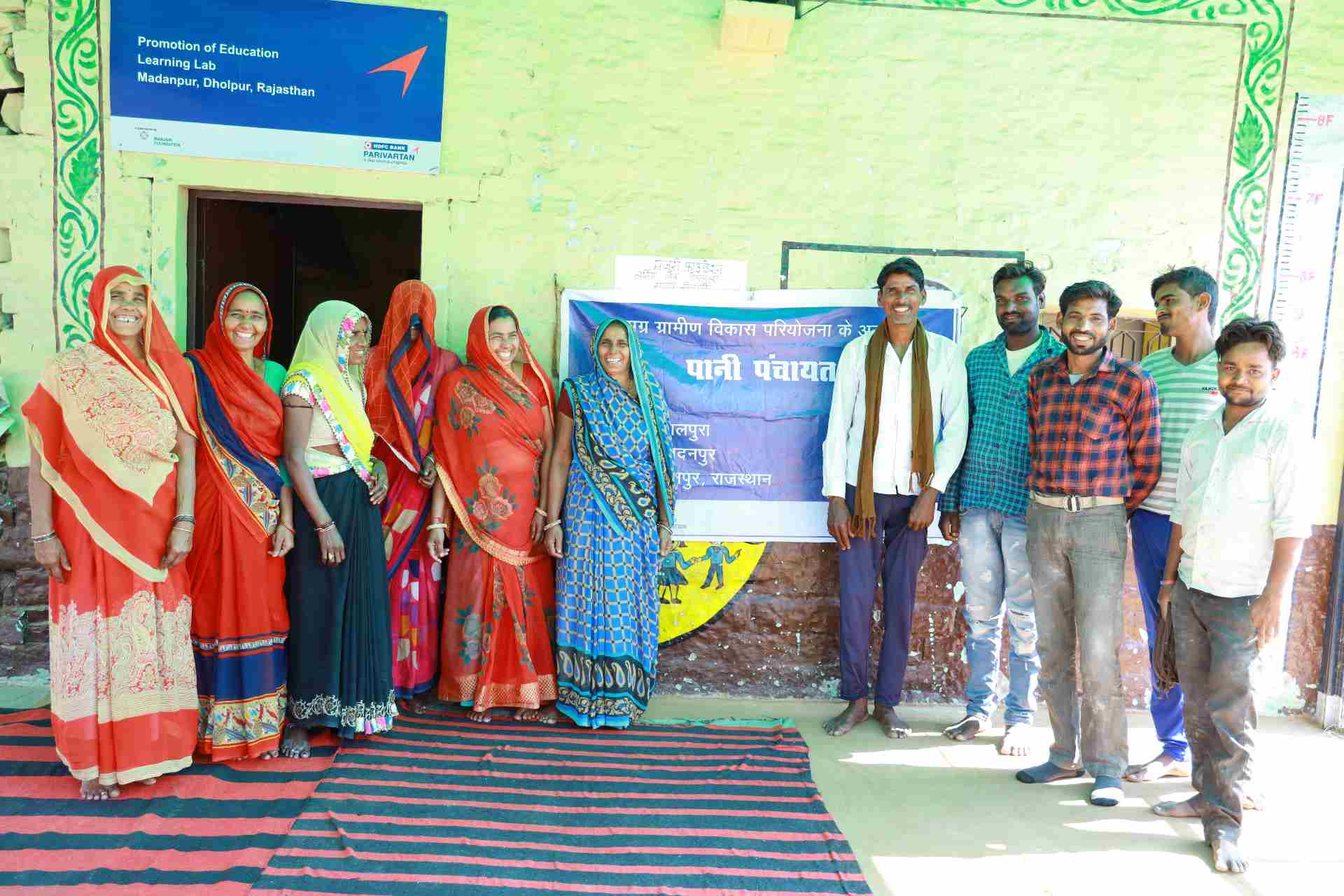Preserving Natural Resources
Climate change is one of the biggest environmental threats the human race is facing. The threat is severe in rainfed areas of semi-arid regions of Rajasthan and Bundelkhand, where poor farmers face acute water scarcity. The Rajasthan State accounts for 10% of India's total land area, and 5% of its population but has only 1% of the country's water resources. Recurring droughts coupled with a reduced number of rainy days, erratic monsoon rainfall, and lowering groundwater levels pose challenges for agriculture and human health. Lack of access to resources, knowledge, and a support system further exacerbates farmer vulnerability. Farming is a key source of livelihood but due to unpredictable weather patterns, marginal farmers face the challenge of food security.






